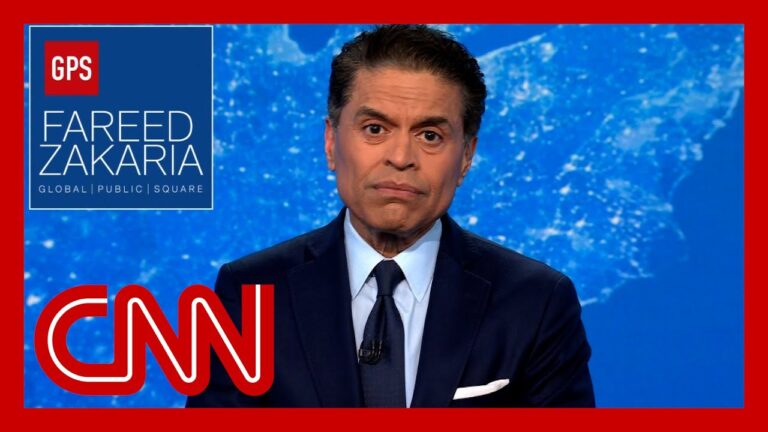Video at the bottom!
In a recent commentary, the author critiques Donald Trump’s tariff policy, dubbing it “Liberation Day.” This nickname reflects Trump’s perspective that America has been victimized by global trade practices over the past fifty years, which he believes have led to job losses and economic decline. The rhetoric around this policy is echoed by supporters like J.D. Vance, as they paint a grim picture of a nation with empty factories and stagnant wages.
However, the author argues that this narrative is fundamentally flawed, presenting evidence that contradicts Trump’s claims. Over the past three decades, the U.S. economy has significantly outpaced its major competitors. By 2023, the U.S. economy was nearly double that of the eurozone, and American wages have increased in comparison to other advanced industrial nations. The author highlights that even the poorest U.S. state has a higher per capita GDP than countries like the UK and Japan.
Trump’s perspective seems steeped in nostalgia for a bygone era of American manufacturing, while overlooking the reality of the U.S. as a leader in technology and services today. His methods for imposing tariffs, described as misguided and based solely on trade deficits, ignore the substantial surpluses the U.S. holds in areas like software, services, and finance. Instead of fostering economic growth through robust trade agreements, Trump’s policies may push other nations to seek alternatives, potentially sidelining the U.S. in global trade dynamics.
The author warns that as U.S. protectionism rises to unprecedented levels—surpassing even the infamous Smoot-Hawley tariffs—the consequences will be dire. Both domestically and internationally, the short-term fallout will be significant, leading countries to forge new trade relationships outside the U.S. This shift has already begun, with nations like the EU and China striking new trade deals, positioning China as a future trade leader, further complicating U.S. relationships with its allies.
Ultimately, the commentary concludes that Trump’s nostalgic view of American power could lead the nation into a period of decline, echoing a time when the U.S. was economically weaker and politically marginalized on the global stage. The author emphasizes the importance of adapting to the current economic landscape rather than clinging to outdated ideologies. For a deeper exploration of these themes, there are links available to the author’s Washington Post column.


